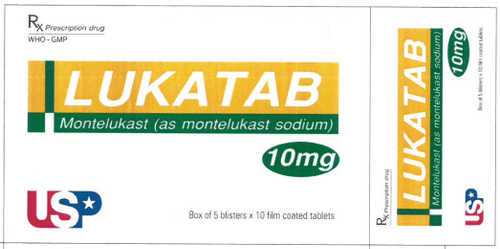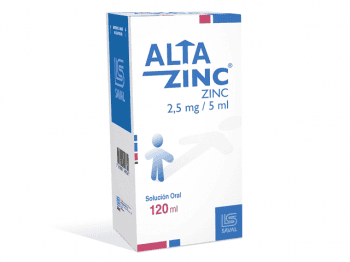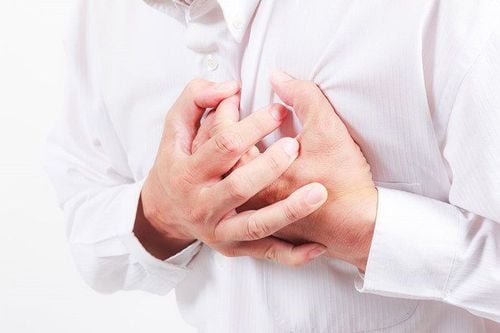This is an automatically translated article.
Posted by Doctor Nguyen Van Phong - Cardiovascular Center - Vinmec Times City International General HospitalSinus tachycardia occurs when the pulse frequency of the sinus node increases. Sinus tachycardia is usually normal and is a physiological response, for example, with exercise, the heart rate will increase. However, in some cases, sinus tachycardia can be a sign of disease.
This is one of the most common but often overlooked cardiac arrhythmias, and can be an early symptom of an underlying medical condition, especially in those with pre-existing cardiovascular disease.
1. What is sinus tachycardia?
Normal sinus rhythm is the typical heart rhythm of a healthy person. Normal sinus rhythm is confirmed when the following features are present:
Frequency: 60-100 cycles/min The electrocardiogram has P waves preceded by QRST complexes, demonstrating that impulses have traveled normally from the sinus node through the sinus node. atrium to ventricle. That P wave is a constant PQ interval from the QRS and is of normal length (0.11 - 0.20s). That P wave is positive in D1, V5, V6 and negative in aVL, except in the case of right-sided heart.
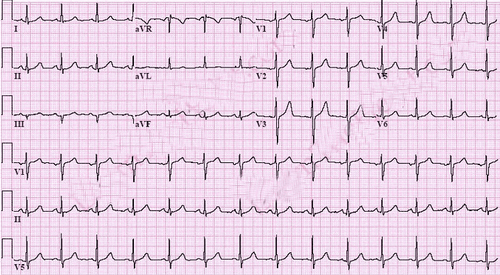
When the sinus rhythm has a frequency > 100 cycles/min, it is called sinus tachycardia
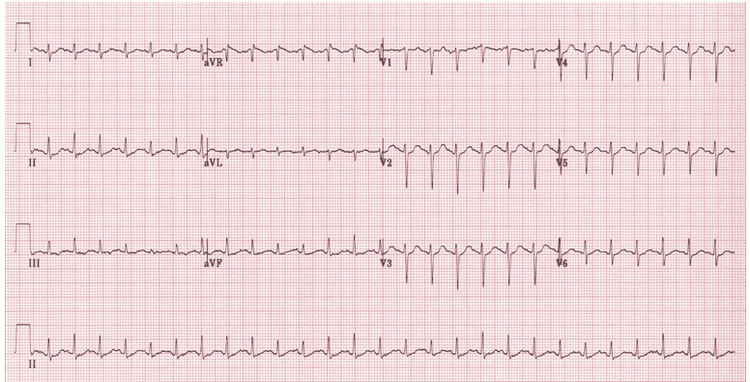
However, a normal heart rate is the result of a complex interaction of the sympathetic and parasympathetic nervous systems. Heart rate is affected by many different factors and by age.
Normal sinus rhythm in children:
Newborns: 110 - 150 cycles/min. 2 years old: 85 - 125 cycles/minute. 4 years old: 75 - 115 cycles/minute. 6 years and older: 60 - 100 cycles/minute. In addition, heart rate depends on exercise level and comorbidities
2. What causes sinus tachycardia? Sinus tachycardia is a physiological response to exercise and various physiological conditions that increase sympathetic nervous system catecholamine release or, less commonly, parasympathetic nervous system activity including These include:
Fever Hypovolaemia Low blood pressure and shock Infection Anemia Anemia Pulmonary Infarction Coronary artery disease and myocardial infarction Pain Anxiety Hyperthyroidism Insomnia Adrenal tumors Decompensated heart failure Chronic lung disease Use of stimulants: nicotine, caffeine, amphetamines, cholinergic antagonists Abruptly stopping beta-blockers

3. Clinical Manifestations
Suspense : Feeling of jitteriness, discomfort in the chest Palpitations : feeling of the heart pounding as if it is vibrating in the chest, feeling lost like a missed step or the heart is beating too hard, feeling like jumping out of the chest. chest. Shortness of breath: The feeling of suffocation, no air to breathe like being locked in a cage, making you not dare to inhale or exhale forcefully is one of the common symptoms of sinus tachycardia. Some people describe them as being able to inhale normally, but have difficulty exhaling. Chest pain: a sharp, tight feeling in the heart area caused by reduced blood flow to the heart muscle. You need to distinguish it from symptoms of angina pectoris such as someone squeezing due to myocardial ischemia. Feeling tired, weak: you may find that your body gradually loses its vitality, your limbs are numb and tired, you just want to sit still, can't do anything. The body often has an interference expression in feeling weak, tired with fainting but not completely losing consciousness. Sometimes it can be accompanied by nausea, vomiting, pale skin, unsteady walking. Dizziness, lightheadedness: the head is spinning, the face is pale due to lack of blood to the brain because the heart is not working efficiently. Some patients mistakenly think that this is a symptom of vestibular disorders or low blood pressure

4. Is sinus tachycardia dangerous?
Sinus tachycardia can be a physiological reaction, but it can also be a symptom of a medical condition, so when you have symptoms of sinus tachycardia you should see a Cardiologist to get it done. conduct in-depth investigations to determine the cause of sinus tachycardia from which to make the most appropriate treatment decision
Cardiovascular Clinic of Vinmec International Hospital system nationwide is a reliable address With full modern equipment and a team of experienced doctors, we will help you make the most accurate decisions, rule out dangerous causes and advise you on the right follow-up and treatment direction.
Please dial HOTLINE for more information or register for an appointment HERE. Download MyVinmec app to make appointments faster and to manage your bookings easily.







